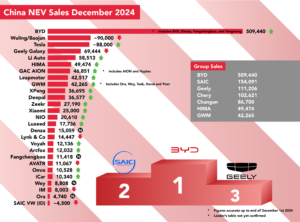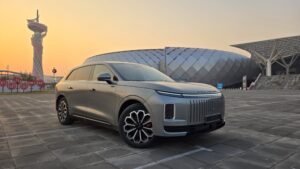BYD’s sales success continues unabated leading brand to significantly boost hiring and production capacity numbers.
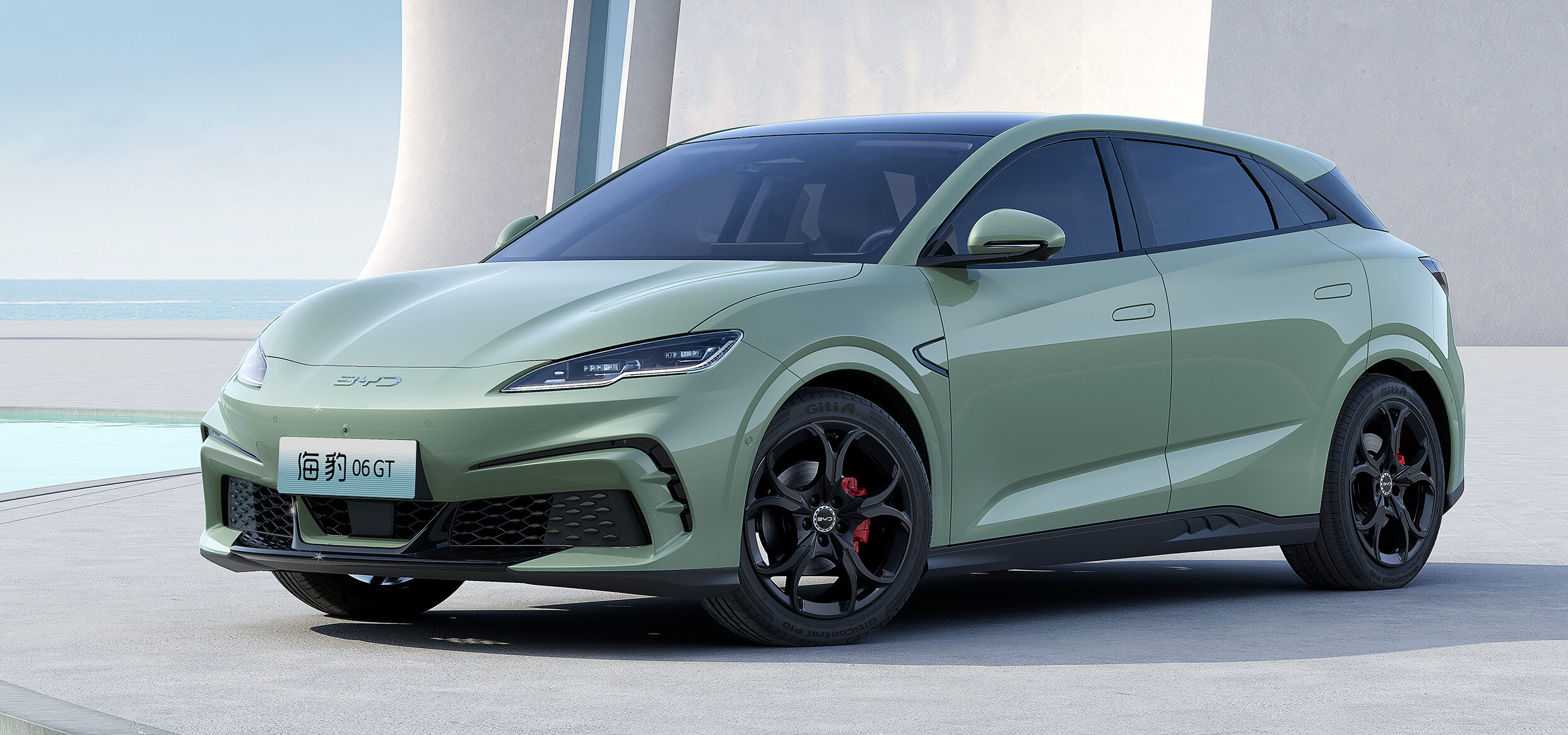
In the space of just three months from August to October, BYD has added both 200,000 units of production capacity and nearly 200,000 employees as its sales figures continue to soar.
The update comes from BYD’s executive vice president, He Zhiqi, who posted on Weibo that all of the new energy giant’s factories are running at full capacity.
Global sales of BYD jumped from around 380,000 units in September to more than 500,000 units in October, marking a significant milestone for the brand who made the surprise move to only electrified vehicles back in March 2022.
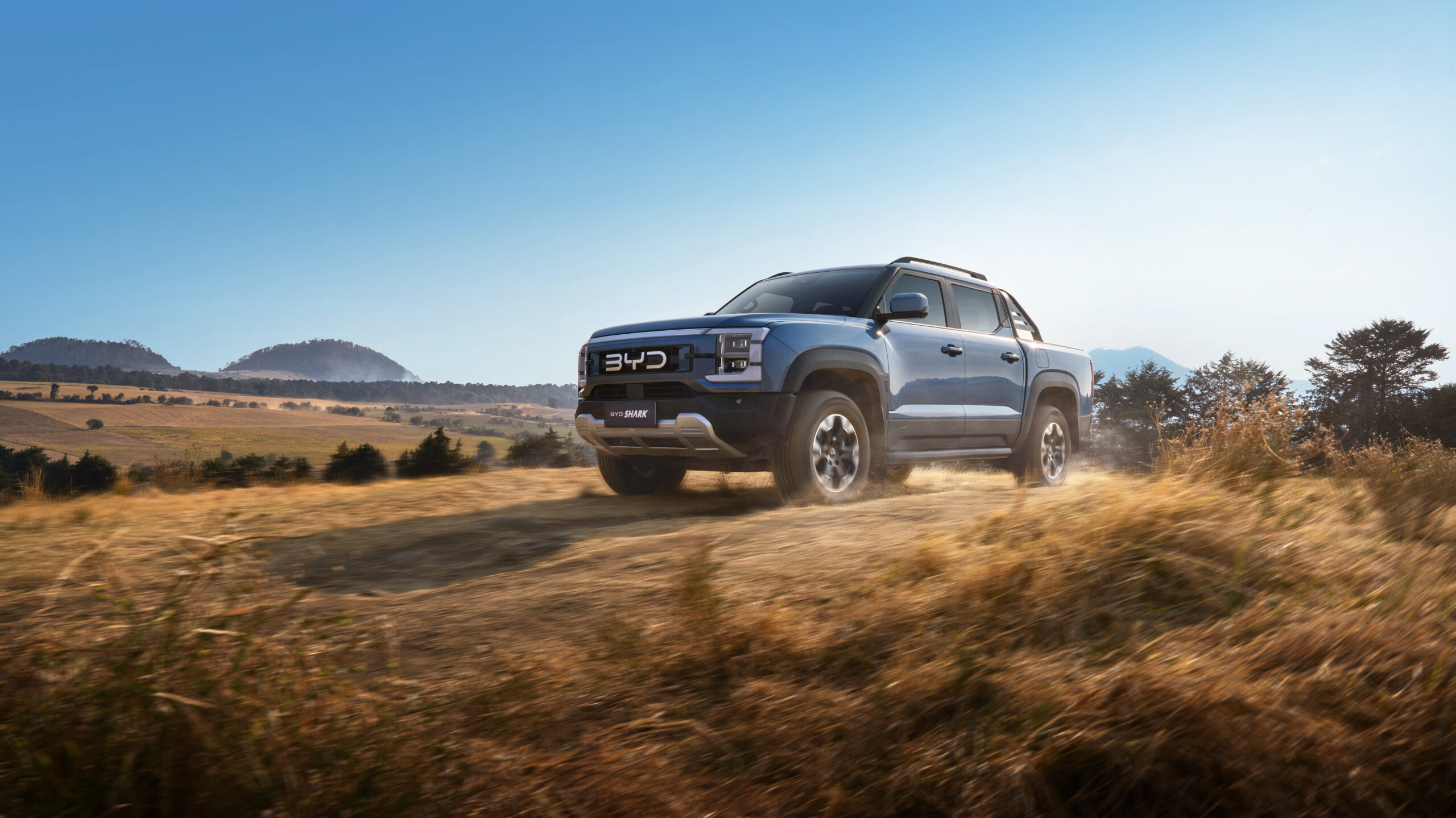
Apparently they’re not finished there, with Mr He stating: “In November (we will) continue to work hard and tap into all kinds of potential to see if we can progress a little bit more”.
Full year sales for BYD and its subsidiary brands, Fang Cheng Bao, Denza, and Yangwang, look set to easily clear the four million vehicle bar by the end of the year, with an estimated 42 percent increase on its full year figure from last year.
It’s an unprecedented rise for a brand that just a few short years ago was still selling cars very much based on the designs of other manufacturers, however the leadership of former Lamborghini design chief Wolfgang Egger has helped drive BYD’s own identity which it splits into Ocean and Dynasty series models.
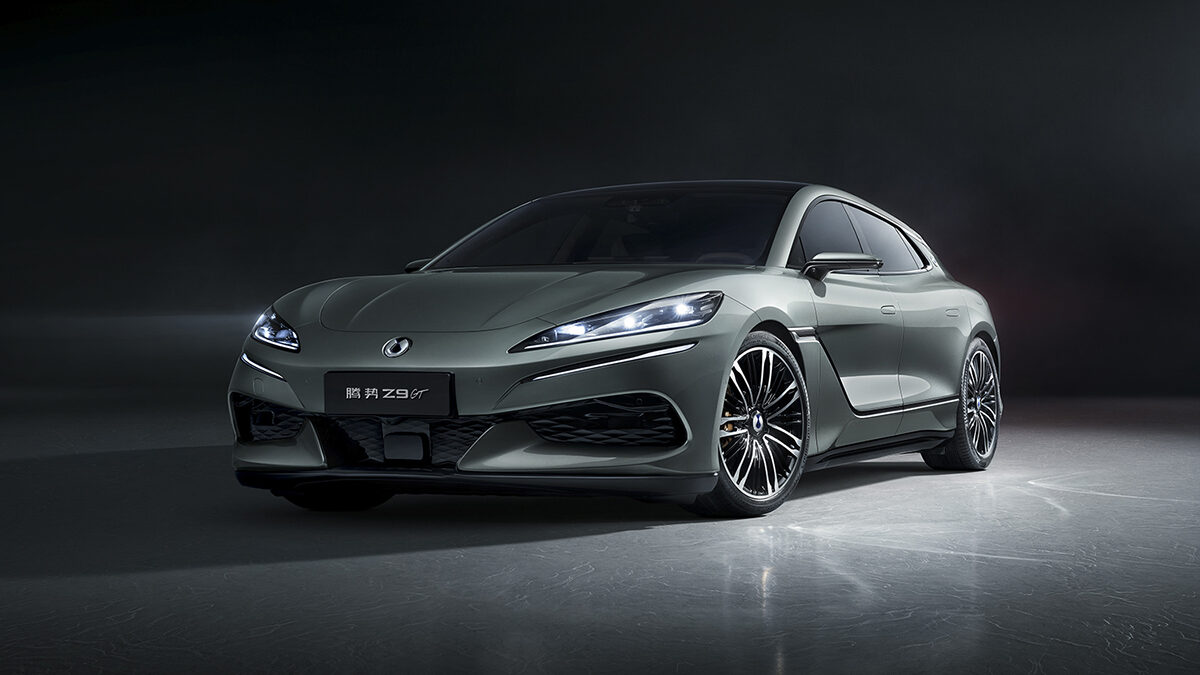
It was reported in September that BYD’s workforce had reached 900,000 people, more than 400,000 more than the second largest A-share listed companies in China, demonstrating the sheer scale of the business which is widely lauded for being a vertically integrated company, meaning it produces the vast majority of its own parts in-house rather than relying on external providers.
BYD’s growth has been largely driven by the soaring success of its hybrid vehicles which have sold almost 1.9 million units so far this year, up 62 percent on the first ten months of last year, compared to the brand’s fully electric models which at 1.35 million units have sold just under 12 percent more than last year.
This is reflects the wider trend in the Chinese automotive industry which has seen steady growth of fully electric cars, up 17.79 percent from January to September this year, compared to massive growth for plug-in hybrids and extended range hybrids, up 78 percent year-on-year, though still lagging behind fully electric sales in total.
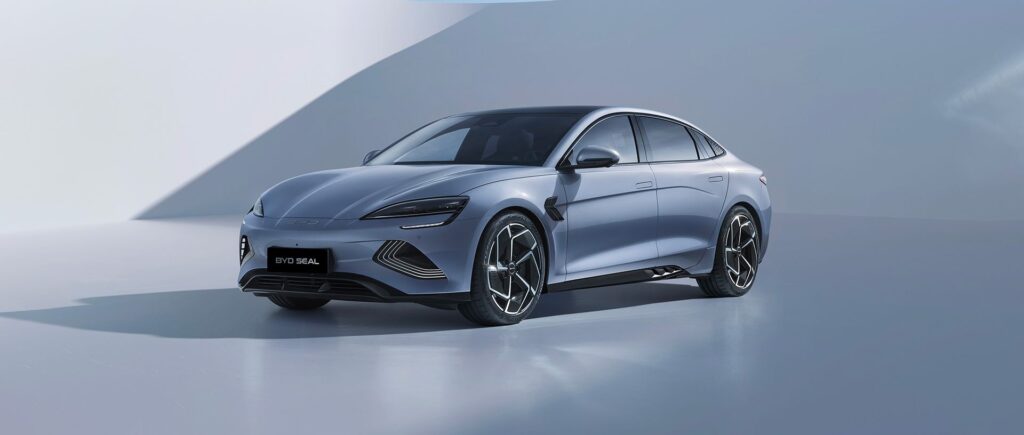
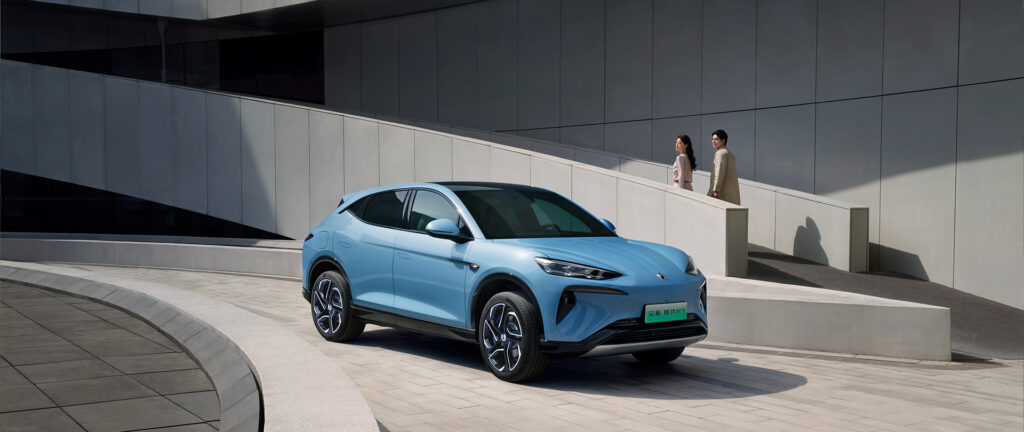
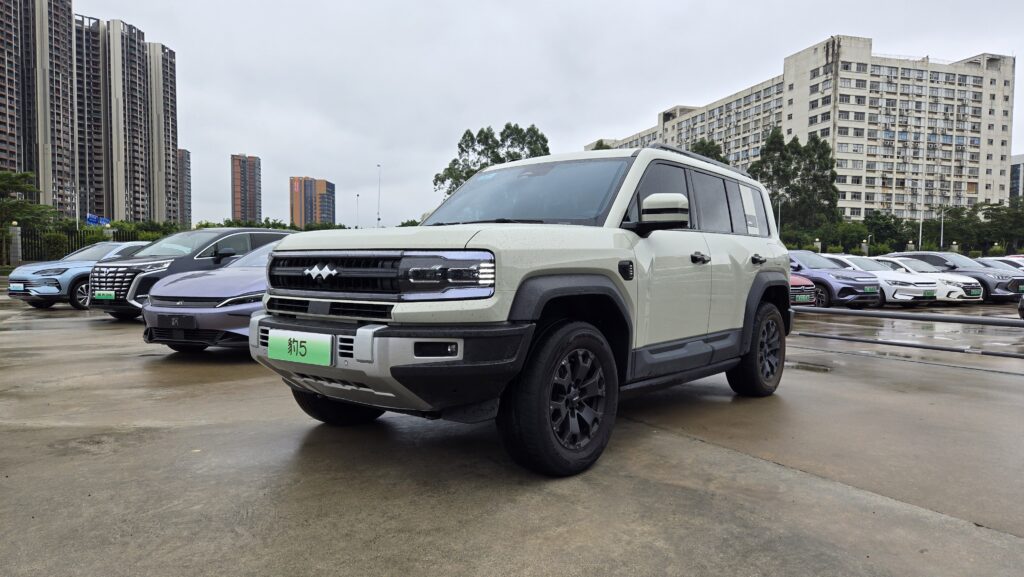
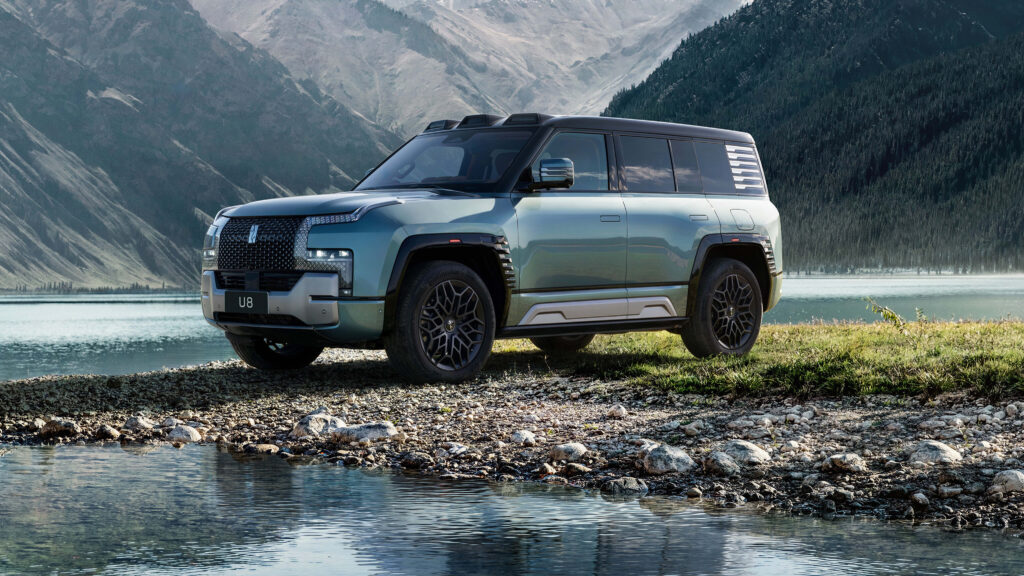
BYD is now present in more than 80 markets around the world and will continue to expand in 2025 with subsidiary brands like Denza already confirmed for markets like Australia, Thailand, and Europe as well.

